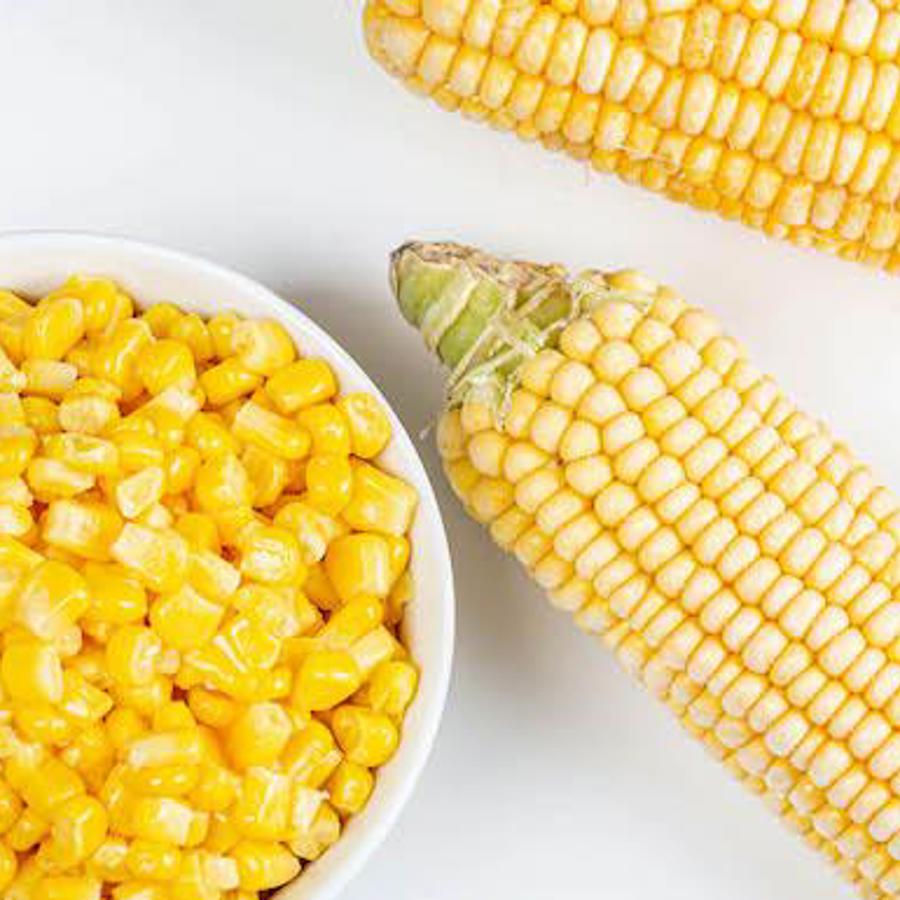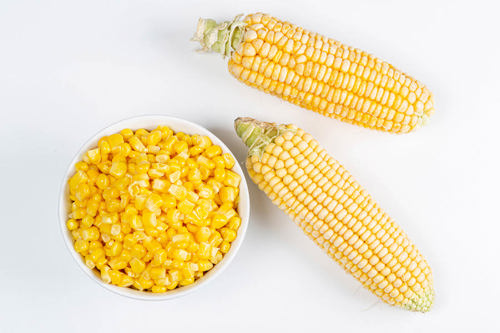
What does it mean when a food is 'Non-GMO'?
April 28, 2004

- Related Topics:
- Genetic engineering,
- Biotechnology,
- GMOs
Anonymous asks:
Great question. Genetically modified foods (called “GMOs,” or “Genetically Modified Organisms”) are relatively new, and many people don't know exactly what they are and how they might affect their health.
The definition of GMO foods is quite straightforward, so I will answer that part of your question first. The health risks associated with GM foods are more complex, but as you'll see, the chances that your health will suffer from eating them are probably very small.
So what is a GMO food?
A GMO food is one that contains plants or animals that carry DNA from bacteria or other unrelated species. Lately, biotechnology companies have been putting DNA from bacteria or unrelated plants and animals into crops to improve some specific quality. For example, bacterial DNA is put into plants like cotton and corn to provide a more natural way to control the insects that eat them. The advantage of these "pesticide-resistant" crops is that less chemical spraying is required, which means less chemical residue on your food.
We now know what the label "free of genetically modified ingredients" means: it means that no DNA from a different species was put into any of the plants or animals found in that food. Does this mean that anything without this label does carry GMO ingredients? No, it doesn't, but you'd be surprised at how many of our foods contain genetically modified ingredients. For example, 40% of the corn grown in the U.S. in 2003 came from genetically modified seed. In fact, the FDA has already approved at least 13 different genetically modified crops including soybean, corn, rice, and potatoes. So unless you always buy organic, you're probably already eating food with genetically modified ingredients.
Should you be scared? And if so, what should you be scared of?
Let's begin with what you shouldn't be scared of: the "foreign" DNA itself. All food contains DNA naturally, and DNA by itself can't do anything - it needs to be in a cell, and be unbroken, to do its job. The reason that the DNA in your food is unlikely to affect you as DNA is that it is broken up by our digestive systems and is NOT normally taken in by human cells.
On the other hand, there are some real, but unlikely, risks associated with eating GMO foods. For example, there is a very small chance of having an allergic reaction to certain GMO foods. In one case it was found that when a gene from Brazil nuts was put into soybeans, people allergic to Brazil nuts were also allergic to these soybeans. The soybeans were never marketed. This story proves that the risk of allergic reactions to GMO foods is real, but also shows that thorough testing and regulation can catch such problems before the public is harmed.*
Another worry that some people have about GMO foods is that the bacteria in your gut will become resistant to common antibiotics. When GMO foods are created, DNA for antibiotic resistance is often included. There is a small chance that the DNA for the antibiotic resistance might get into the bacteria in your gut. (Unlike your cells, bacteria can take up DNA.)

While this is a legitimate concern, the chances of it happening are miniscule. And even if it does happen, it will be a very insignificant part of the growing problem of antibiotic resistance.
While it appears that the likelihood of any direct effects on human health is small, there is a whole other area of concern that I haven't mentioned--the potential effect of the GMO crops on their ecosystems. Some specific fears are the possible spread of antibiotic resistance genes or the disappearance of "weaker" non-engineered crops. These types of problems are harder to predict because they involve rare gene transfer events in large, complex ecosystems.
So, while biologists must proceed cautiously with the creation of new species, it is probably okay for you to eat any tomato, regardless of whether or not it contains "foreign" DNA.
* In fact, to deal with the potential allergy problems, the FDA requires testing of potential new allergens and if no testing is done, the food must be labeled that it may cause allergic reactions.

Author: Chana Palmer
When this answer was published in 2004, Chana was a Ph.D. candidate in the Department of Genetics, studying bioinformatics, microarray design, and human microbial flora in Pat Brown's laboratory. Chana wrote this answer while participating in the Stanford at The Tech program.
 Skip Navigation
Skip Navigation
